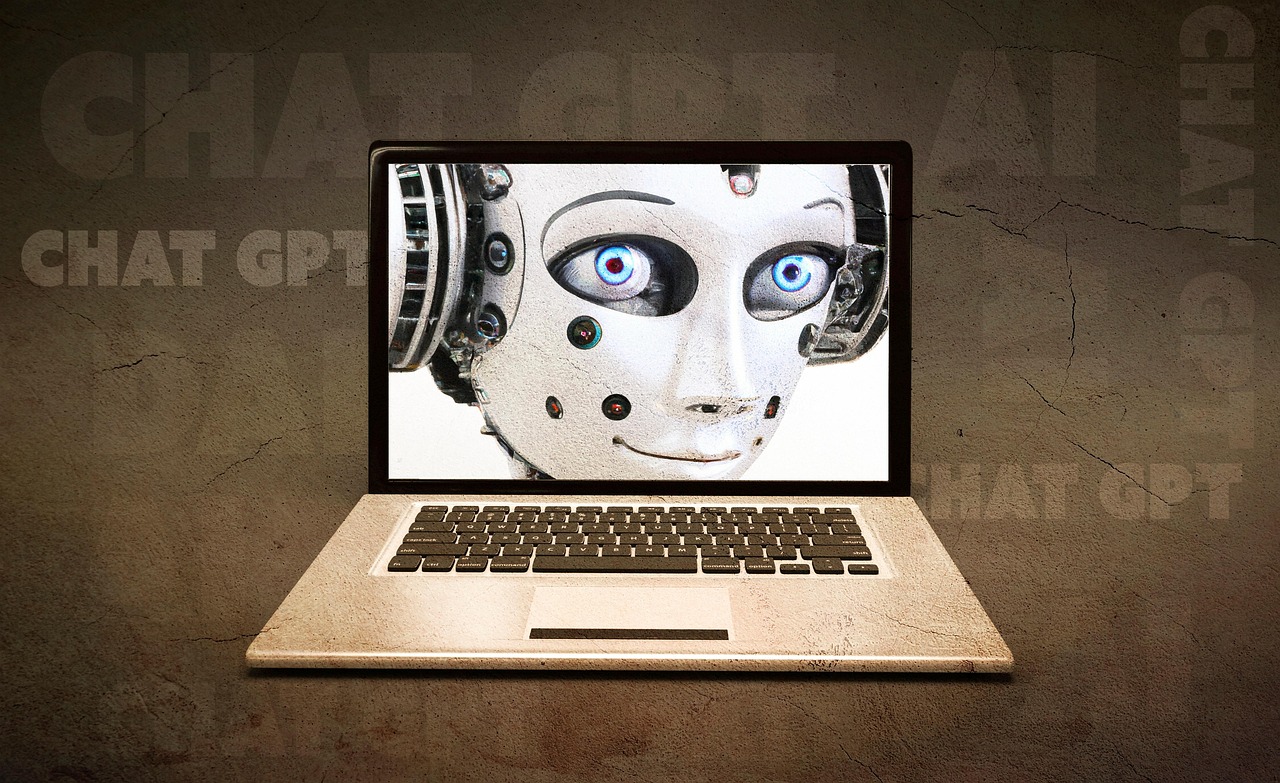
Stock Buybacks and Future Shifts
So here’s a story that’s been simmering on the back burner — American companies are buying back their own stocks at an astonishing rate. This isn’t just a minor trend; it’s a full-blown phenomenon. Companies like Apple have become relentless buyback machines, pouring cash back into their own stocks instead of investing in new projects or raising employee wages. And why are they doing this?
Well, it’s pretty straightforward: boosting stock prices and, let’s face it, enriching shareholders, including themselves. What’s really going on here?
In many ways, it’s a reflection of the broader economic environment. Interest rates are still relatively low, and companies are flush with cash after years of strong earnings. According to recent data, U. S. corporations are spending nearly $1 trillion annually on stock buybacks. That’s a staggering amount, especially when you consider the fact that many of these companies are sitting on huge piles of cash. Critics argue this strategy could be short-sighted. Shouldn’t these resources be used for innovation or hiring more workers?
You know what I mean?
It’s one of those classic debates: should companies be focusing on immediate shareholder returns or the long-term health of the business?
Now, let’s pivot a bit. With all this talk of cash and investments, there’s another angle worth exploring — the growing influence of artificial intelligence on our workforce. As you might have noticed, AI isn’t just a buzzword; it’s changing the game entirely. While it can streamline operations and cut costs, the human toll is significant. We’re talking about real people losing jobs, and that’s no laughing matter. I remember my own college days, and the anxiety of not knowing what direction to take. Today’s students are facing a different kind of uncertainty, one that comes from a job market increasingly dominated by tech and AI. Internships and job placements are no longer just about the work experience; it’s about survival in a landscape constantly shifting beneath our feet. There’s a growing concern that as companies invest more in automation and AI-driven processes, they’re sidelining human talent. What’s going to happen to the workforce?
Will we see a new wave of job displacement, or will new roles emerge that we can’t even imagine yet?
Here’s the thing: as much as we need to embrace innovation, we also have to consider its repercussions. It’s like a double-edged sword — on one hand, AI can improve efficiency and reduce costs, but on the other, it risks leaving a whole segment of the workforce in the dust. Companies need to strike a balance. If they keep investing in tech at the expense of human capital, they might just find themselves facing a backlash — not just from employees, but from consumers who are becoming increasingly aware of corporate practices. Now let’s cut to the chase and talk about the future of investments. With stock buybacks soaring and AI reshaping industries, it’s essential to consider how these factors will influence your portfolio. Futures trading is getting a fresh look, especially with the introduction of Spot-Quoted futures. These allow for trading around the clock and provide a way for retail traders to get involved in the market. If you’re looking to dip your toes in the water, understanding how futures contracts work could be a game changer. But before you dive in, you’ve got to know what you’re getting into. The futures market can be volatile and complex, and it’s not for the faint of heart. That’s why having a solid grasp of margin requirements and how to read the market is crucial. It’s not just about making a quick buck; it’s about understanding the whole nine yards of the investment landscape. And that kind of knowledge can empower you to make smarter decisions. Bottom line: as we stand at this crossroads, with companies buying back stocks at record levels and AI transforming job markets, it’s a wild ride ahead. We need to stay informed and critically engaged. Whether it’s investing wisely or advocating for fair labor practices in an AI-driven world, we’ve all got a role to play. So let’s keep the conversation going — what do you think the future holds?